Video Feature & Web-Exclusive Interview
Artist: DARDEN SMITH
Video: “Loving Arms”
DARDEN SMITH LAUNCHES BLUE ROCK ALIVE! COOL NIGHTS 2020 VIRTUAL CONCERT SERIES
Darden Smith, one of the most respected singer-songwriters, will launch the Blue Rock aLive! Cool Nights 2020 virtual concert series this Thursday, October 29. The series features iconic Austin-based artists—“for the songs, for the artists, for all of us.” You can buy a Season Pass for only $105—and have a seat in the house by sending in your headshot. They place it on a seat, so you will literally be sitting in the room.
Blue Rock’s innovation, quality and creativity is evidenced in concerts produced with broadcast quality audio-video from their renowned Texas room—streamed straight to you. Individual tickets can also be purchased for $25: https://bluerocktexas.com/events.
As a musician, Smith released 15 critically acclaimed albums. He is also the co-founder of “SongwritingWith:Soldiers,” a non-profit helping service members write songs about their own experiences. He was on a major label and his folk/Americana songs had a pop-rock sensibility yielding a hit with “Loving Arms.” He is also known for his songs “Midnight Train,” “Frankie & Sue,” “Little Victories” and “Everything.”
Smith’s incisive songwriting is evidenced in his lyrics filled with promise of hope and love as seen in the details that life has to offer—by simply taking time to notice everything. His 2018 book, The Habit of Noticing: Using Creativity to Make a Life (and a Living) tells the introspective journey that became his career.
We talked with Darden Smith about his passion to tell a story in song, what continues to inspire his creative process, how he remains hopeful by harnessing the power of music—in songs, essays, photographs and art, why it’s important to notice every detail and how he’s come to this place of soul searching.
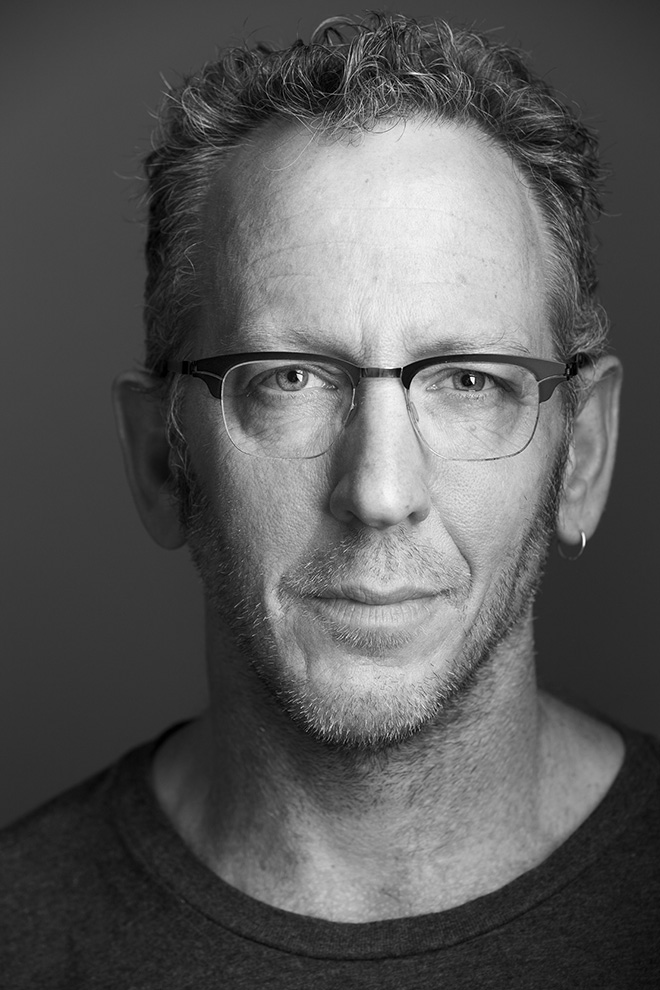
Darden Smith
DARDEN SMITH Interview
with M Music & Musicians magazine publisher, Merlin David
Tell us about a song you plan to play at Blue Rock’s Cool Nights 2020.
I’m sure I’ll be playing “Soul Searching” from my last record Everything. I wrote it with Radney Foster just before the last election. It was a crazy time with a lot of division across our country. I was getting older (54, at that time) and something happens around that age—you start looking back at things. I was thinking about my purpose and where I was in the world. I just thought it was a good time to do a little soul searching. (Laughs) For me, the song continues to be relevant. I’m always searching—trying to make sure I’m doing the right thing. Looking at what’s going on, I try to figure out where I stand in the world. What do I stand for? Where is my line in the sand?
Tell us how the idea of “Loving Arms” came to you: Half of this morning and most of last night; I’ve been taking tally on the last years of my life.
I was going through a really difficult time in my relationship. I was on Columbia Records and I met a man named Boo Hewerdine and we did a record together. All the people at Columbia were so in love with that record. They wanted me to do it again. I had them convinced I needed to go to London to write songs—all the time. I would get them to fly me over to London. I would write a bunch before I went over there—and Boo and I would hang out for two weeks. I was staying at Martin Lascelles’ house. He produced that record [Evidence] we did. I sat down at the piano one day and this song just came out. It was all the stuff I had been dealing with. I still don’t really know what the song is about. It’s not about one thing. It’s a bunch of different things. It came out in 1993, and over the years what it means to me has changed. Really good songs do that—they evolve with the writer. Every six months or a year I’ll be playing the song and go, “Ah, maybe that’s what it means.” (Laughs)
Darden Smith’s incisive songwriting is evidenced in his lyrics filled with promise of hope and love as seen in the details that life has to offer—by simply taking time to notice everything.
Who originally inspired you to write songs?
I grew up in a family without music. I had to discover it all by myself. My first songwriting sparks were Neil Young (Harvest and After the Gold Rush). The first album I ever owned was Leon Russell’s Carney. I grew up in Texas so country music was big. I also loved pop radio. Then I really got into the 70s Texas music songwriter world of Guy Clark, Townes Van Zandt, Willie Nelson and Jerry Jeff Walker. I learned how to write a song by studying Texas songwriter records.
What was so unique about that Texas music scene?
There was something happening in the water at that time—when those guys were coming up. They built bridges between songs that had been written before and what came after them. They were these vital hinge points. Texas songwriters are still influenced by them.
When did you expand beyond Texas?
There were other songwriters like Bob Dylan and Jackson Browne who inspired me. But once I went to college and heard Elvis Costello and Nick Lowe, it really blew the walls down and I saw larger horizons. I remember being at a college party and “Watching the Detectives” came on the stereo. I was staring at the speakers going ‘What the hell is that?’ It was a fantastic sound and I remember thinking ‘How do you write that? How do you do that?’ It was fascinating.
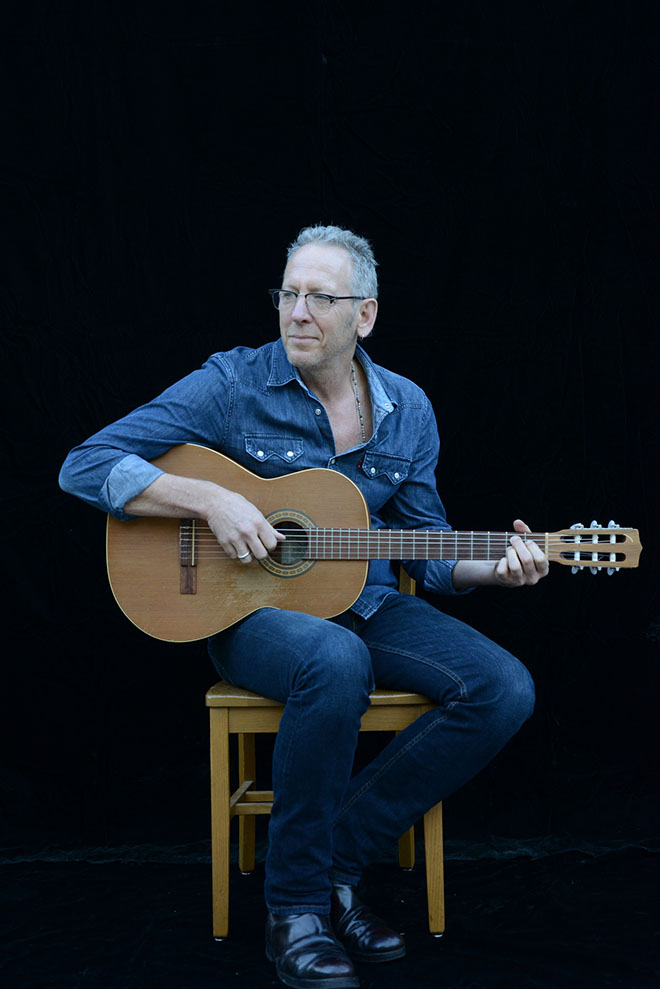
What instruments/equipment can you not live without?
I’m really basic. A couple of guitars: an old Gibson J50 and a Gibson LG. I also have a basic nylon string guitar, which I write with all the time. I have an old Steinway piano. I am extraordinarily low tech—lately it’s been pen and paper. I try not to even open my computer until I have a lot of lyrics written. For the past six months to a year, I’ve been writing without any music and then I’ll pick up a guitar—which was the way I used to write when I was a kid. It’s really fun because I can do it anywhere.
What are your Top 5 favorite albums of all time?
Harvest (1972) — Neil Young
Live at Fillmore East (1971) — The Allman Brothers Band
The Pretender (1976) — Jackson Browne
Blood on the Tracks (1975) — Bob Dylan
Jerry Jeff Walker (1972) — Jerry Jeff Walker
Do you remember the first time you heard one of your songs on the radio?
The first time is incredibly bizarre. It was when I was in a car in Portland, Oregon. I’d just come out of a radio station and they played my record. I also remember during Little Victories I was in Norway (laughs), I turn on the radio and said “Wow! That’s me! How did that happen?” It’s a magic thing where music goes around the world. I’ve heard my music in a store in Germany, which seemed weird. It used to happen in England a lot. I’d hear my stuff on the radio or in stores. In America, I hear it often in stores. It’s ridiculously gratifying, even though you know you’re not making any money from it. It’s funny because when it happens, I always look around to see if anyone else is listening. They never are. (Laughs) No one’s tapping their foot. They’re buying hammers and going about their business.
Back in the day, it was so validating to hear your own song on the radio.
Oh, it is still validating. Just a couple of weeks ago, I was at a stoplight here in Austin. I rolled my window down and my song was coming out of this car next to me. It was crazy! I looked over and I didn’t know the person. What are the odds of that? I’m not that big of an artist on the radio. It was real nice to know there’s someone still out there paying attention—listening to things I’ve done—to things I do. It means something. Just like for me: what other musicians do means something to me.
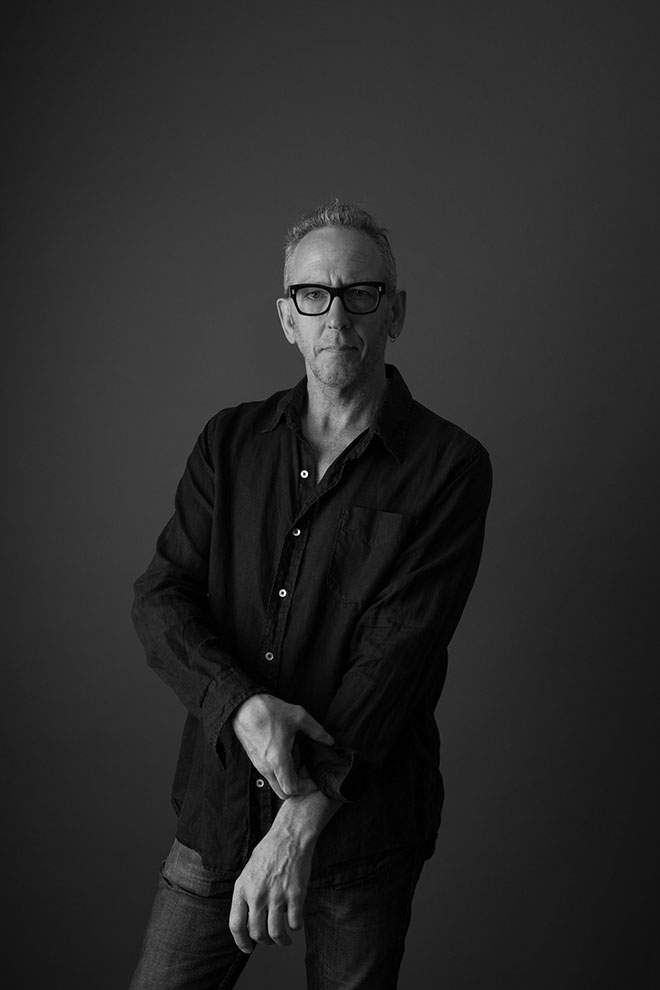
Photo credit: Michae OBrien.jpg
What is the best advice you’d like to give upcoming musicians?
If you want to write songs, write more songs. First off, get good. Never be the most talented person in the room. Try to surround yourself with people who are better than you are. If they’re not better than you, then they’re not going to push you. And work—work really hard. If you want to write better songs—write more songs and have an extensive body of work.
How do you remain hopeful in this strange and unique socio-political time?
It’s actually pretty easy. I really believe in the power of music. People are generally good. The work I’ve done with “Songwriting with Soldiers” has shown me that I can collaborate with anybody. I can work across any divide. The way you do that is to be the first person to step across and you’ll realize the divide is probably not as wide as you think it is. We’ve seen times like this before—in history. I believe in the power of little actions. It’s up to me to make my own little positive moments of the day. It’s easy to get swept up in the news. But the beauty of being a musician is that you can turn it off and go play the piano or guitar. This time has been really productive. I’ve gone to the studio every morning at 9 AM and worked. It’s been a time of fostering new projects. I’m also working on a lot of visual art. If you want to find positivity, you can. You have to make a conscious effort, especially when there’s so much negative energy moving around. You have to decide to be positive. I’ve spent a lot of time soul searching to determine who’s valuable in my life—who’s important. It’s back to that. (Laughs) I make sure I pay attention. I make sure I call my friends and tell them I love them. Guys that I’ve worked with for years, I call and tell them I love them and I’ve been thinking about them. It’s important because we need each other at this moment.
What’s next?
Watch for a new album called Western Skies inspired by the Trans-Pecos/Big Bend region. The project is a series of songs, images and essays. I’m really enjoying making this record.
Where can new fans get more info and stay updated?
www.DardenSmith.com
Instagram: @dardensmithmusic ?
Twitter: @DardenSmith ?
Facebook.com/dardensmith/
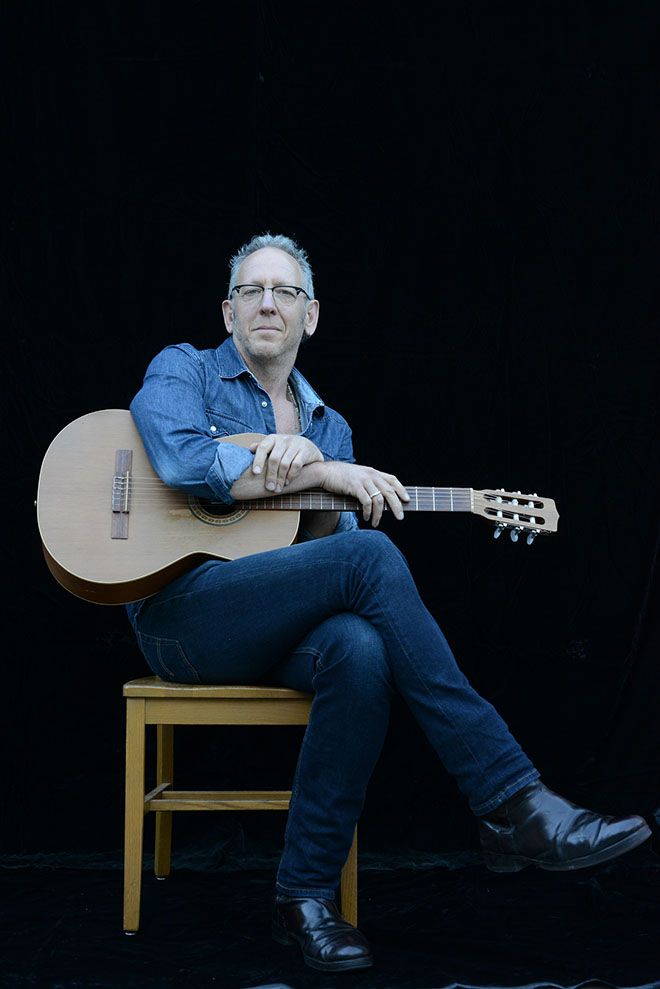
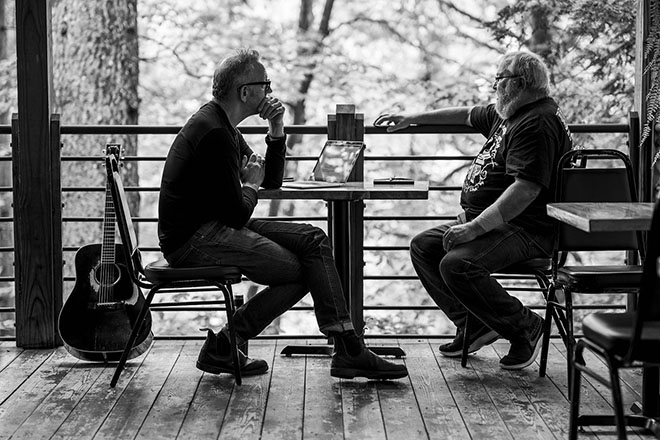



comment closed